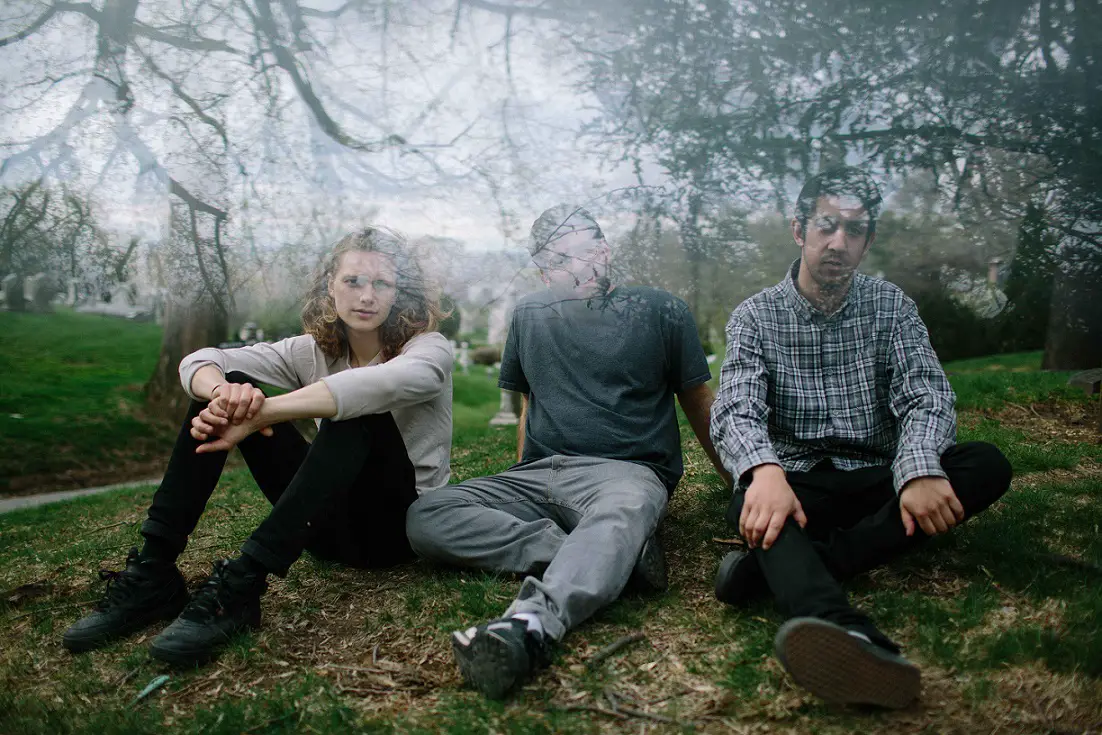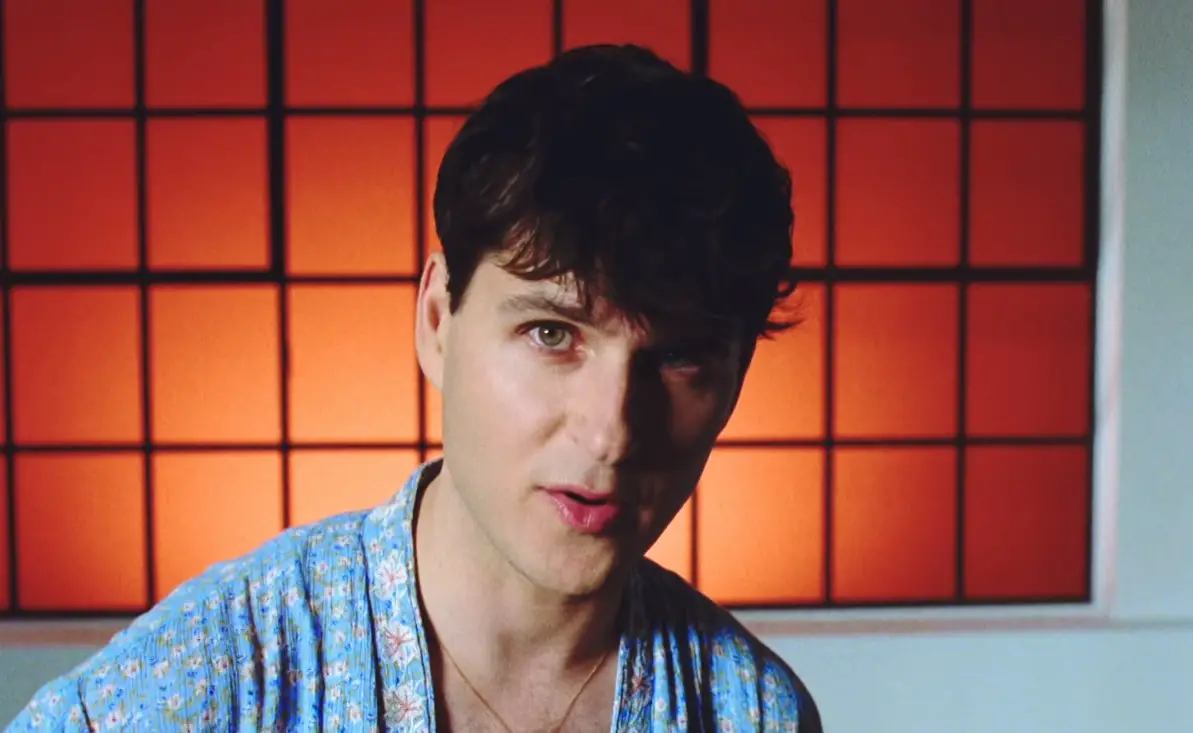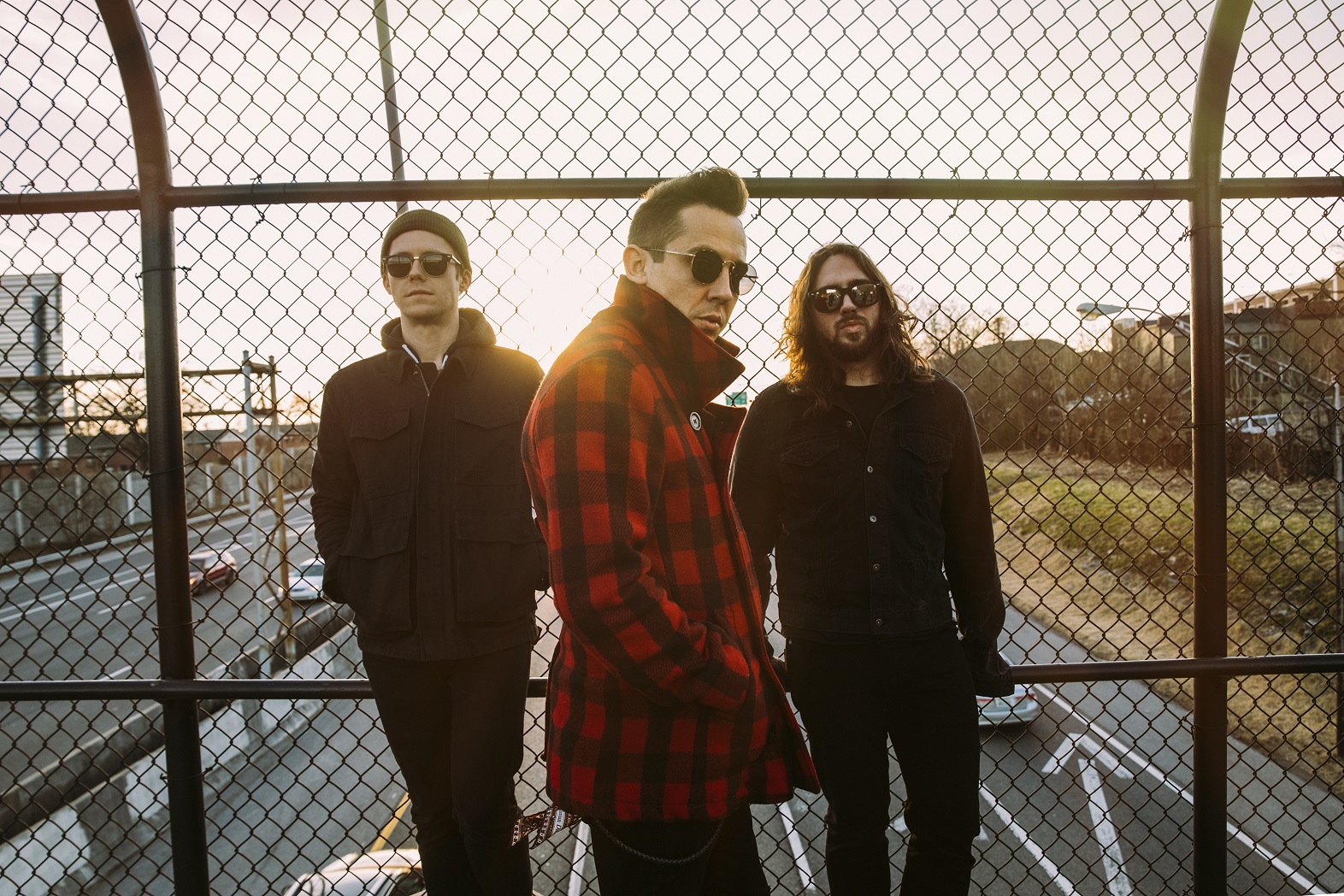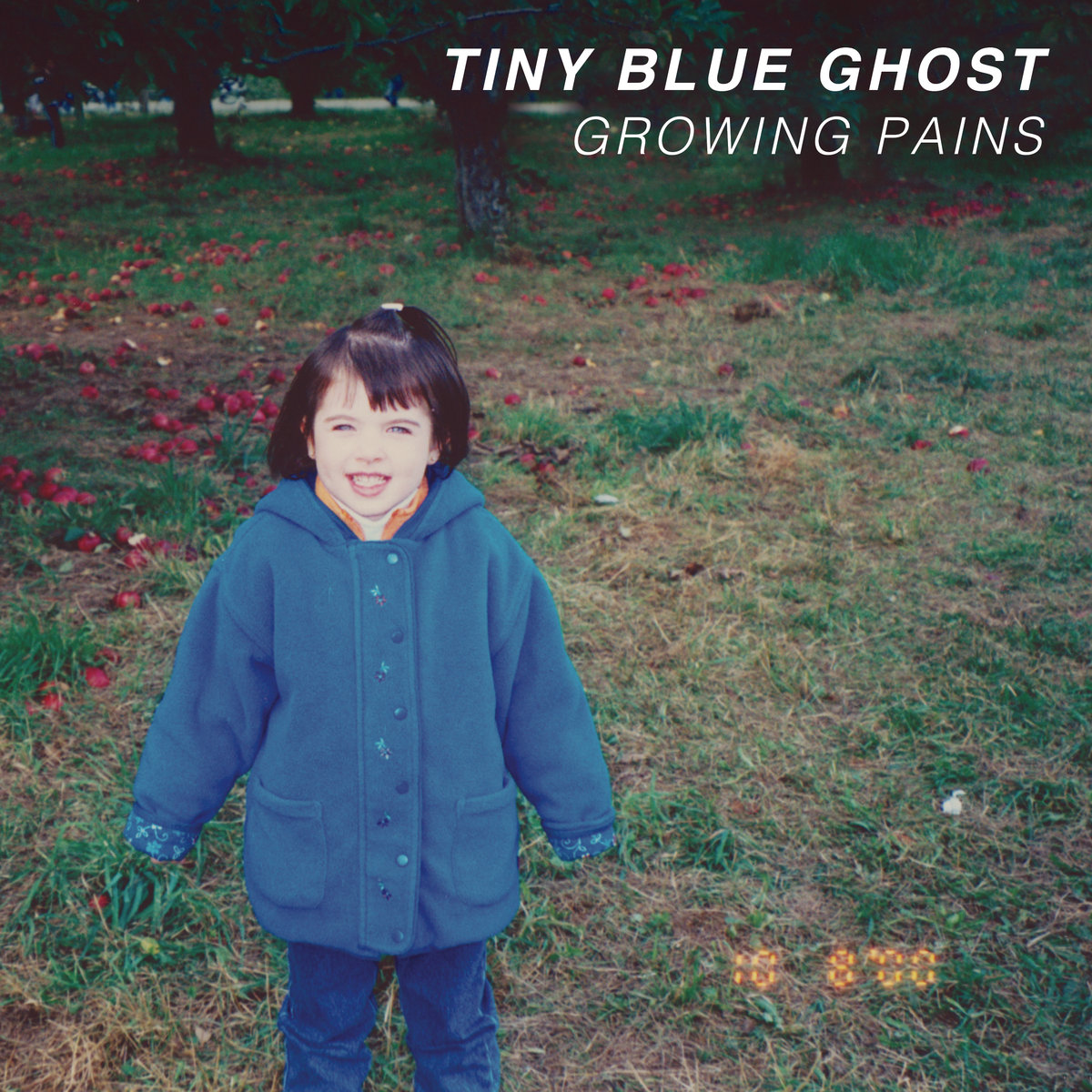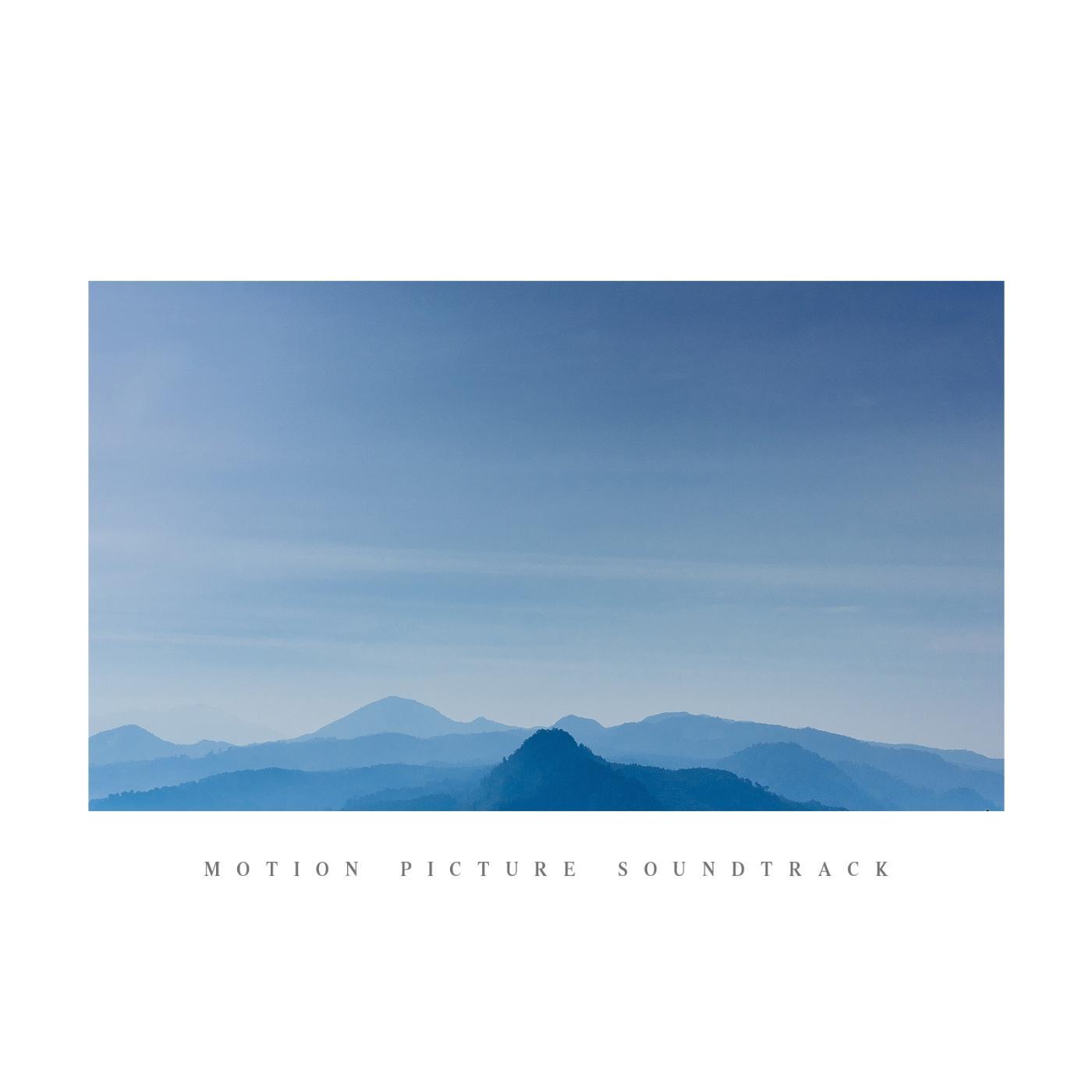In honor of Pride Month, Atwood Magazine has invited artists to participate in a series of essays reflecting on identity, music, culture, inclusion, and more.
•• •• •• ••
Today, Boston-based singer/songwriter Jessye DeSilva shares their essay, “I Am No Shrinking Violet,” taking a moment to reflect on the connections between femininity and strength in their own life as a part of Atwood Magazine’s Pride Month series!
Says Jessye, “In a world that so badly wants Queer folks not to exist, holding onto gentleness is a radical act.”
A classically trained vocalist and voice teacher at Berklee College of Music, Jessye (they/them) has a real knack for blending theatrical pop elements with the songwriting traditions of folk and roots music. Queer and trans empowerment are at the very heart of their new album, which chronicles an ongoing journey to acceptance with instrumentals from fellow LGBTQIA+ artists like Aaron Lee Tasjan, Jake Blount and Ellen Angelico. Jessye will tell you this is the record they needed as a non-binary, trans kid who grew up the child of a conservative preacher, but it’s also universally relatable with moments of both deep resignation and revitalizing triumph.
•• ••
“I AM NO SHRINKING VIOLET”

by Jessye DeSilva
I used to stomp around wearing my mother’s high heeled shoes
Smudged myself in war paint, fuchsia pink
I learned to strike ‘em down with something quiet and intense
Now tell me little boy, what can you do?
I was a weird kid. All kids are weird – I think that’s a beautiful thing that society forces them to grow out of much too soon.
I learned to sing before I learned to talk. I grew up in a conservative religious household, the oldest child of a preacher, and tales of my early musical prowess have become family legend. My parents have told me time and again how they were driving when I was a little more than a year old when they heard the familiar strains of an old protestant hymn coming from a tiny voice in the infant car seat behind them.
When I began speaking, I developed a fondness for making “dolls” out of whatever flora I could get my hands on. If we went to a restaurant for dinner, they’d give me the little parsley garnish from their plates and I’d amuse myself for hours. My mother would pause from washing dishes at the kitchen window only to hear me speaking in a tiny, squeaky voice, with fists full of wilted grass and dandelions, creating worlds for my little botanic friends. In an effort to expose me to sports, I was enrolled in a community toddler soccer league where, to the bemusement of my parents, I wandered off the field mid-game to sit in the grass among the buttercups and clover.
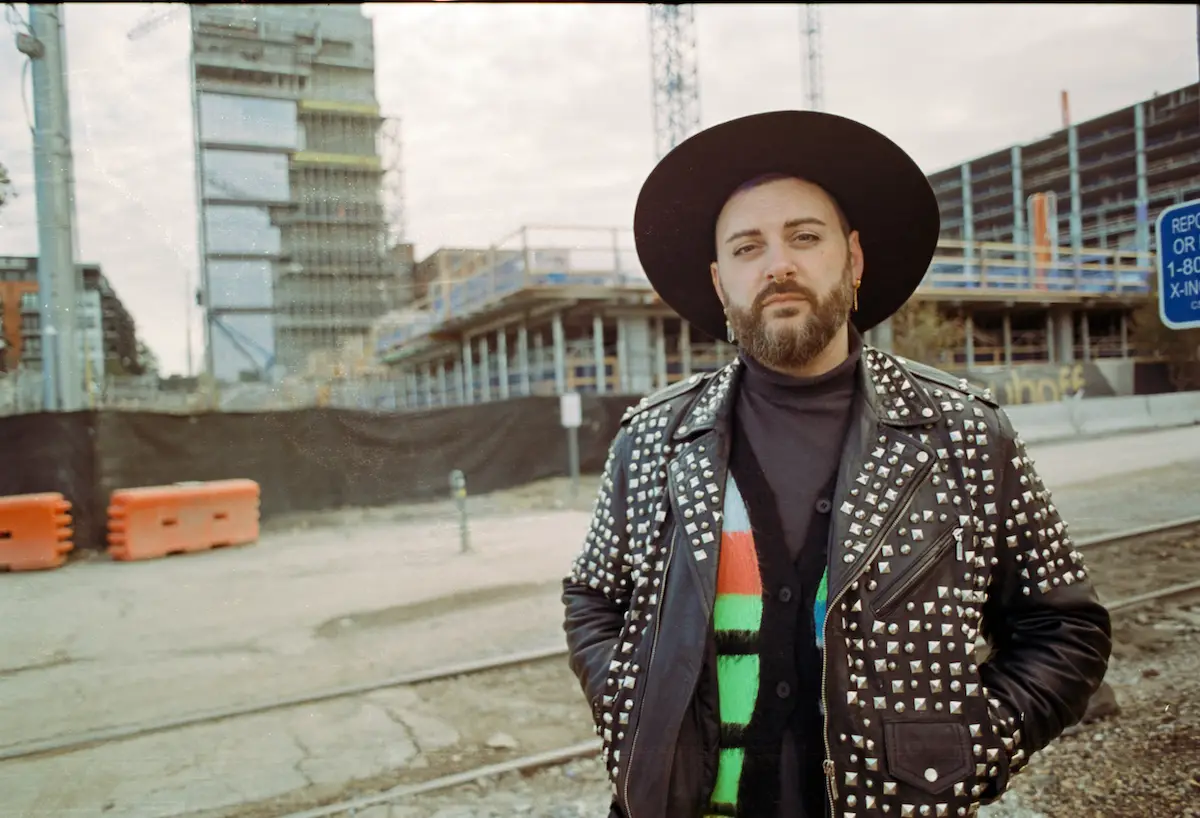
I’m not sure when I learned that I was weird. As I mentioned, all kids when left to their own devices are delightful little weirdos – however as is the case with so many Queer kids, I began to infer from the context clues given to me by my parents that I was “different” from other “boys.” When my Dad’s efforts to interest me in brawny, athletic pursuits failed, he began to use words like “sensitive” and “artistic” to describe me. Before he’d entered the ministry he attended art college and focused on sculpture and I had an aunt who’d studied opera, so it wasn’t that artistic pursuits were at all discouraged in my family. However, I had the sense early on that these words were polite stand-ins for something else – something I didn’t quite have the words for yet.
The god of 1980s fundamentalist christians was an angry one. A masculine father figure with a firm hand, who showed his “love” through corporeal punishment. The god I became acquainted with was less the humble, radical prophet of the New Testament, and more the vengeful, detached, perpetually angry god of the Old Testament (as translated through a decidedly white European, Imperialist lens). At the height of the Satanic Panic, my “feminine” interests in magic, nature, and witches was not only dangerously Queer-coded, but also teetered on the edge of sacrilege.
Still, something in my father’s eyes always seemed a little sad when he’d reprimand or even gently “correct” me for my shortcomings. It was as if even this athletic, straight, Christian, cisgender man, who seemed to have it all in the eyes of “proper” middle America had been wounded by the softer parts of himself he’d been taught to tamp down.
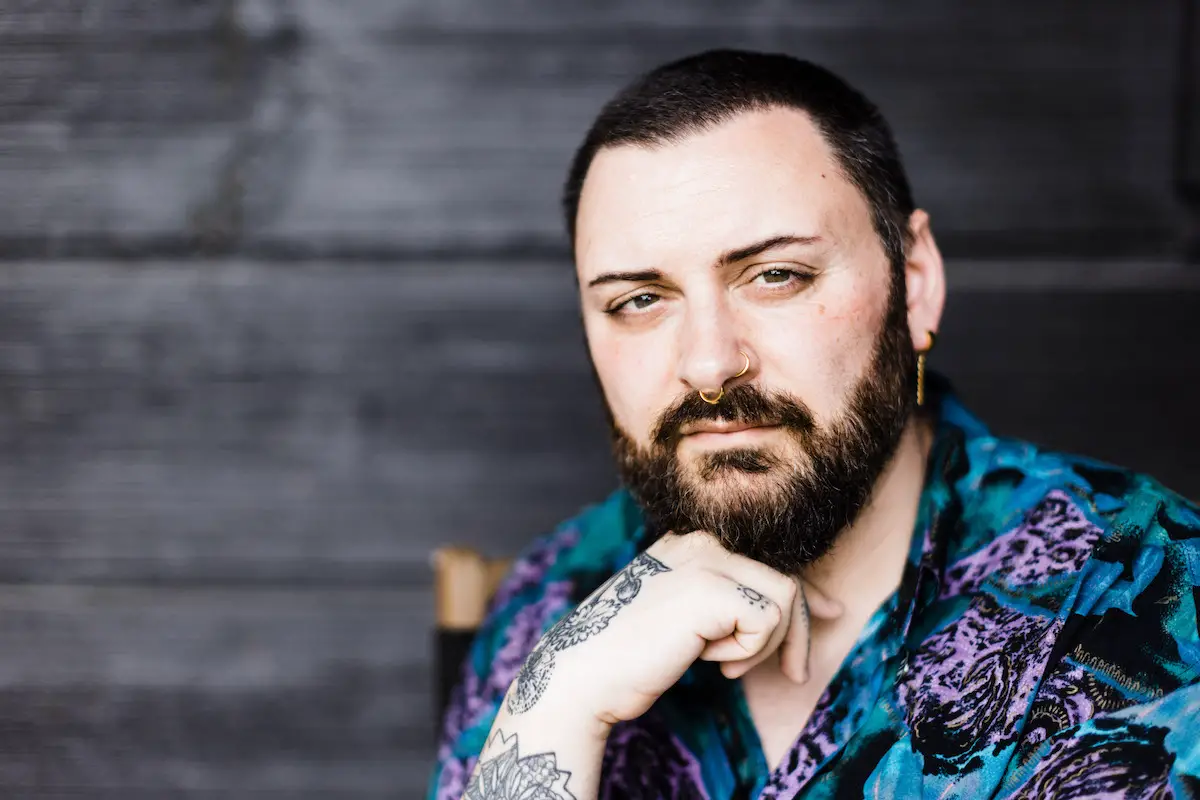
I knew all along I wasn’t a boy.
At least not by the standards the world around me set for boyhood. In my most liberated, unadulterated moments of joyful play, before I’d fully developed a sense of my own embodiment, I felt lithe and graceful. I could sense a long, flowing mane of curls trailing behind me in the breeze, like a phantom limb. Even at a time of deeply entrenched gender norms and societal misogyny, I saw femininity as a deeply spiritual and strong thing, and I coveted the ability to embody and own it myself. Although I was told differently by the authority figures in my life, I knew the power of femininity as gospel truth and like Mary in the Christmas story, I “kept all these things, and pondered them in [my] heart.”
After all the years of work and reconciliation I’ve done with myself, my family, my world, I’ve come to the place where I can see my own softness as a superpower. Gentleness isn’t weakness. Beauty can be armor. My squishy bits, rounded edges, and vulnerability are not to be trifled with. – Jessye DeSilva
I can be a sort of a flight risk
A bit of a spender with my trust
But I’m a symphony of color, sound, and light
A little too sentimental
A bleeding heart, if you must
But if you cross me I am not above a fight
Lyric excerpts from “Firecracker” by Jessye DeSilva
— —
:: connect with Jessye DeSilva here ::
— — — —

Connect to Jessye DeSilva on
Facebook, Twitter, TikTok, Instagram
Discover new music on Atwood Magazine
© Emma Delevante
:: Stream Jessye DeSilva ::

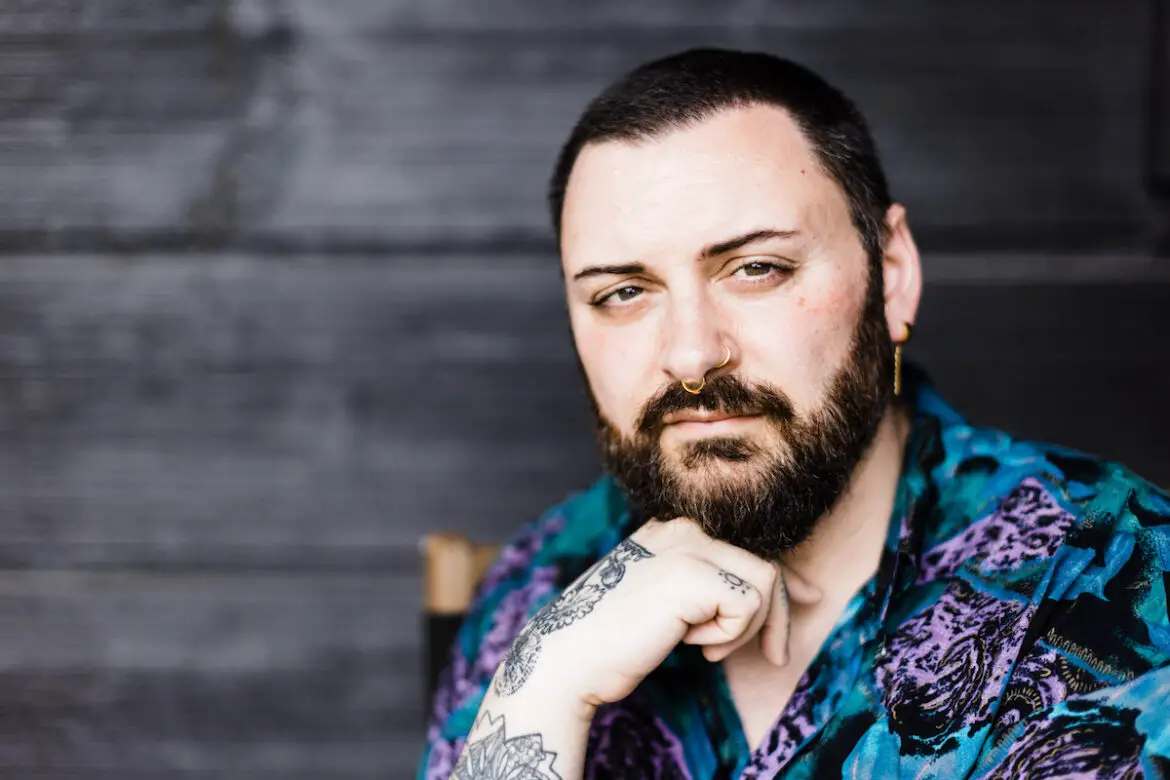
 © Emma Delevante
© Emma Delevante
